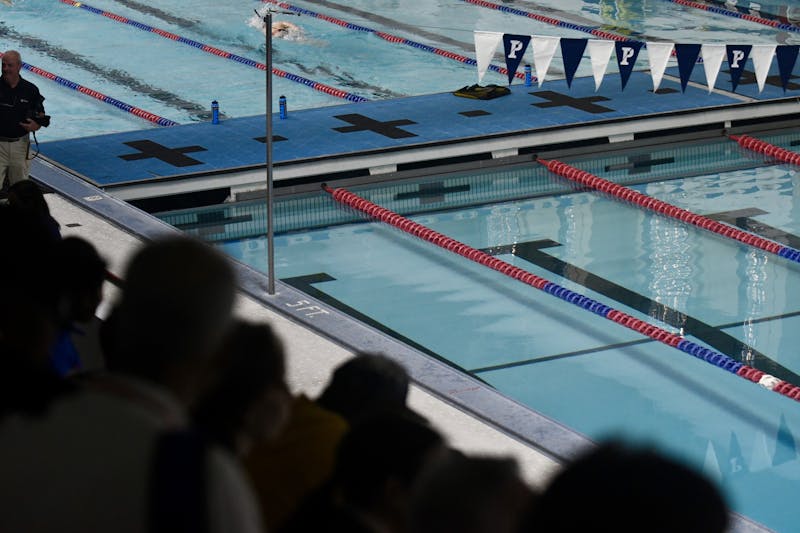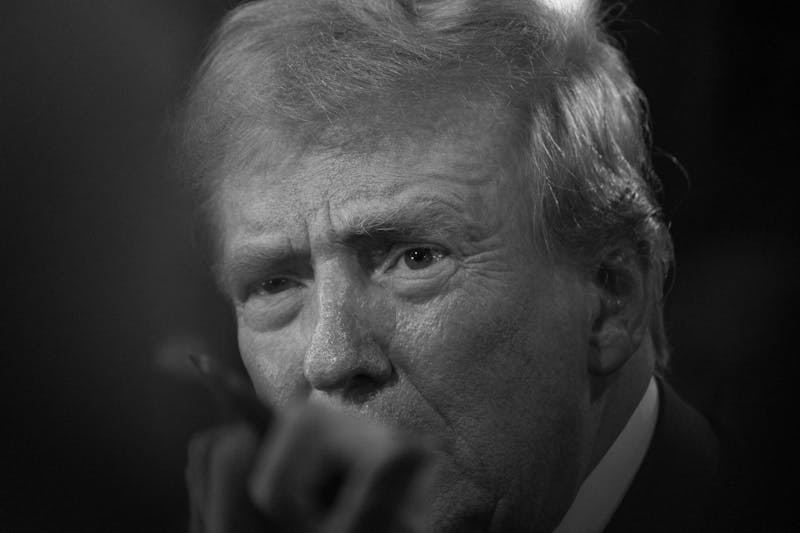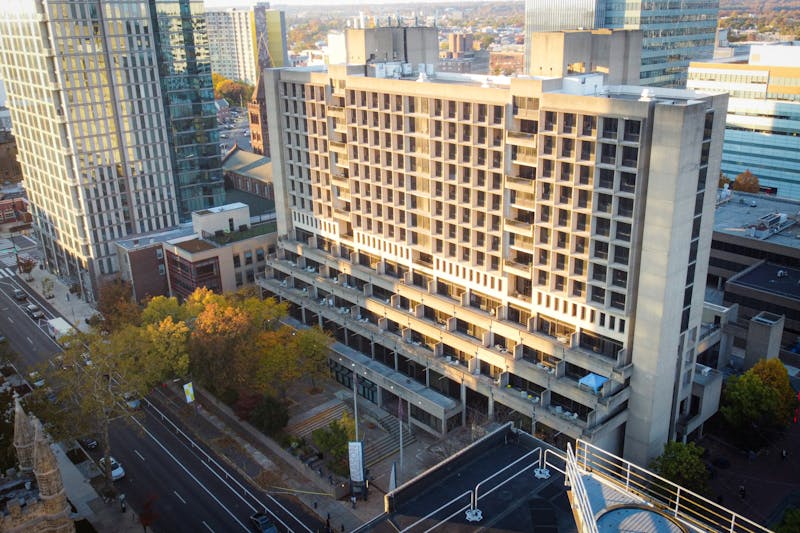With the prospect of the Phillies winning the World Series for the second year running, the Division of Public Safety isn’t taking any chances.
In the wake of the Philadelphia riots after last year’s win, Vice President for Public Safety Maureen Rush outlined Penn’s policies and practices concerning protest management in a special Fox Leadership class on Friday. Nearly a dozen students, Division of Public Safety officials and University personnel were in attendance.
The class began with a description of Penn’s “open expression policy,” effectively a University-backed declaration of encouragement for individuals and groups on campus to express their opinions freely.
“Everyone has the right to protest,” Rush explained to the room. “We call it protest management and not protest prevention because it’s something that’s perfectly allowable.”
But the extent to which demonstrative assembly is permitted on campus is by no means absolute.
Open expression policy aside, “the public has no right to express their ideas on privately owned property like the University of Pennsylvania campus unless given the permission of the owner,” declared University Police Department captain G.J. Leddy, a speaker in the class. “Freedom of speech on campus is not absolute, but it is protected against censorship unless it causes public disruption or substantive evil.”
Although the University reserves the right to forcibly dismantle protests on campus, Penn police officers generally avoid doing so unless a protest becomes extremely unruly. Instead, Leddy said, the department “tries to provide creative alternatives” which often involve moving demonstrations to less crowded areas.
The main philosophy of the department toward protest management, Rush said, involves “allowing everyone the freedom to meet their needs while not disturbing everyone else’s rights.”
Leddy used videos of police responses to university riots across the country as a visual aid to his description of the University Police Department’s tactics for breaking up protests and riots. He stressed a measured response and constructive self-criticism as the most efficient ways to handle similar situations.
Even though campus protests have not been a large problem at Penn in recent years, student attendees were pleased to learn that the department was prepared in the event of a violent or disruptive protest.
“I think knowing more about the structure and management of the police department here has been very enlightening,” said College and Wharton junior Menghan Fu. “It’s good to know the plans, and I feel safer for having known the tactics.”
The Daily Pennsylvanian is an independent, student-run newspaper. Please consider making a donation to support the coverage that shapes the University. Your generosity ensures a future of strong journalism at Penn.
DonatePlease note All comments are eligible for publication in The Daily Pennsylvanian.







